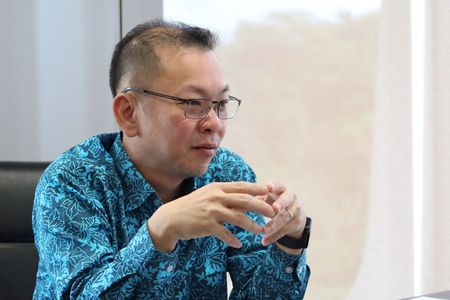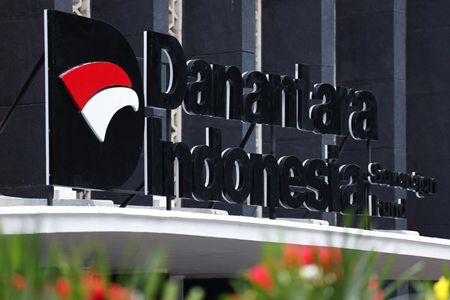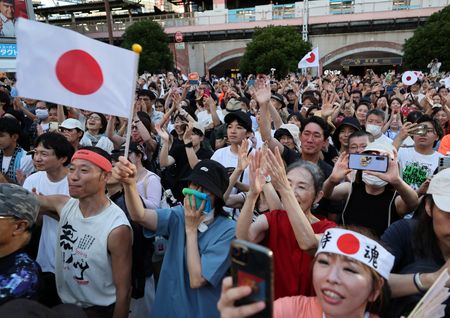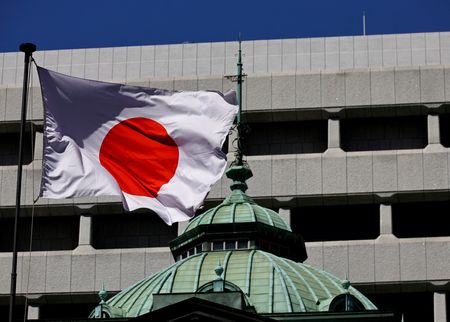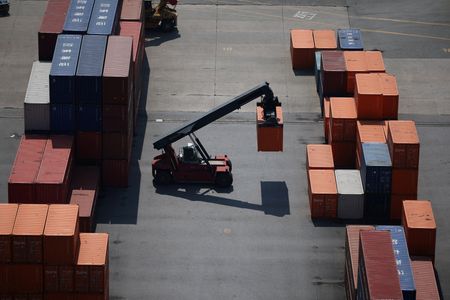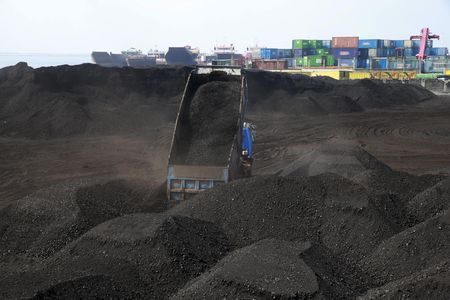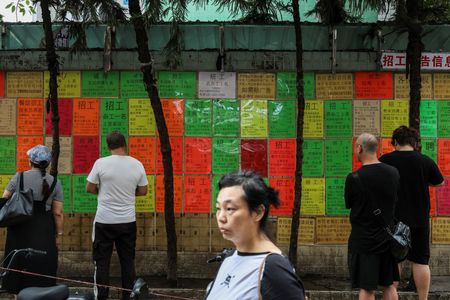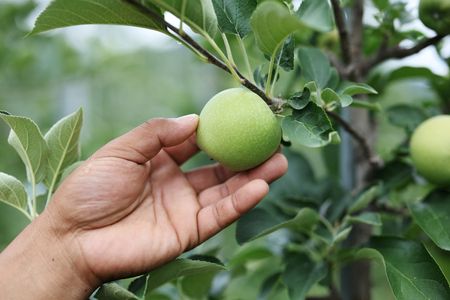By Ashley Tang
KUALA LUMPUR (Reuters) – Malaysia will crack down on fraud in the used cooking oil industry, its deputy commodities minister told Reuters, as western governments investigate whether shipments of the biofuels feedstock from Asia actually contain virgin oil.
The Malaysian Palm Oil Board (MPOB) is reviewing its standards and policies governing used cooking oil (UCO) and palm industry waste known as sludge palm oil (SPO) to better distinguish them in order to prevent discrepancies in exports, said Deputy Plantation and Commodities Minister Chan Foong Hin.
“The government is also strengthening enforcement mechanisms to uphold industry credibility and Malaysia’s reputation as a responsible exporter,” he said in an interview on Thursday, adding that complaints from buyers could endanger the country’s status as a credible UCO exporter.
He said ensuring that the entire supply chain is traceable would combat fraudulent practices.
“Basically the centre of this issue is the traceability. How do you make the whole supply chain traceable?”, Chan said.
The European biodiesel industry last year complained of a surge in imports from China it believes involve supplies declared as made with recycled oil and fat but actually produced with cheaper and less sustainable virgin oil.
Neighbouring Indonesia, the world’s biggest palm oil producer, last month moved to curb exports of UCO and palm oil residue, saying that shipments in recent years had exceeded production capacity, indicating virgin crude palm oil (CPO) had been mixed in.
In August, the U.S. Environmental Protection Agency said it launched investigations into the supply chains of at least two renewable fuel producers, without naming the companies, amid industry concerns that some may be using fraudulent biodiesel feedstocks to secure lucrative government subsidies.
DEFORESTATION RULES
Malaysia’s palm industry, the world’s second-largest, should not view the EU’s looming deforestation regulation negatively as the country is committed to anti-deforestation, Chan said.
About 87% of Malaysia’s palm oil plantations are sustainably certified through the Malaysian Sustainable Palm Oil (MSPO) standards, Chan said.
“In fact, we are ready,” he said.
In December, the EU approved a one-year delay to the landmark deforestation law requiring importers of soy, beef, cocoa, coffee, palm oil, timber, rubber and related products to prove their supply chains do not contribute to the destruction of the world’s forests, or face hefty fines.
Chan downplayed a downturn in shipments to top palm oil buyer India, which hit a 14-year low in January, as a “short term” situation given the demand needs of its 1.45 billion population.
India imported 3.03 million metric tons of Malaysian palm oil in 2024, up 6.5%.
“The permanent factor is the population. So yes, we are still optimistic,” Chan said.
(Reporting by Ashley Tang; Editing by Tony Munroe and Christian Schmollinger)

